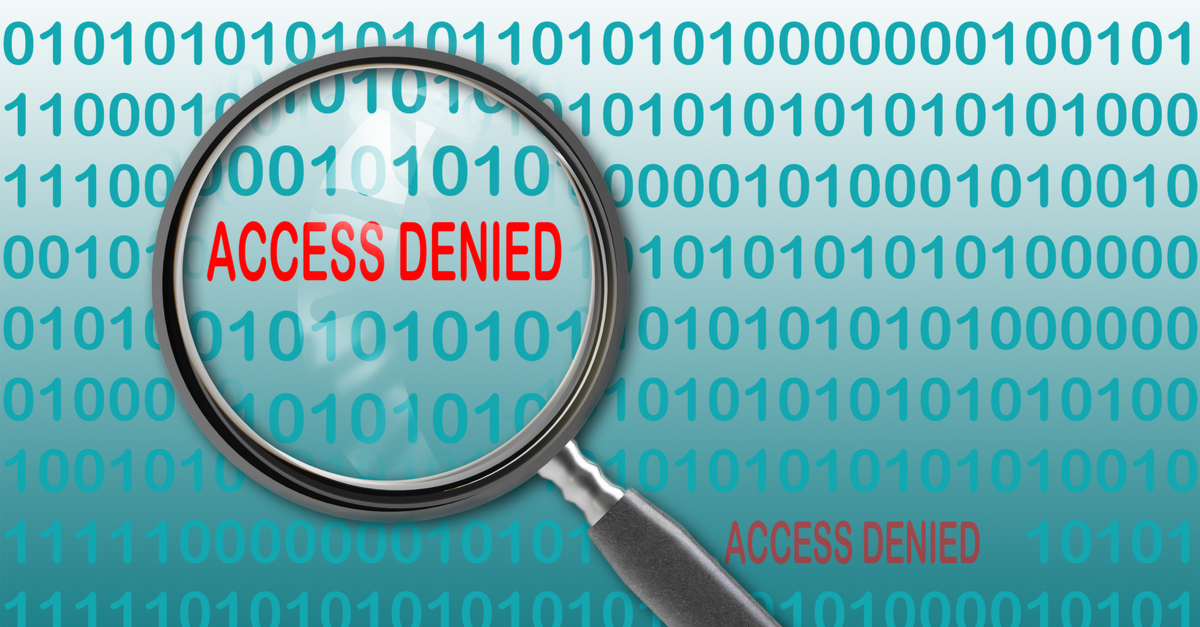How Identity Governance and Administration (IGA) Compliments IAM to Improve Data Security
Identity, Governance, and Administration (IGA) is defined by Gartner as an “activity within the identity and access management function that concerns the governance and administration of a unique digital representation of a user, including all associated attributes and entitlements.” In simpler terms, IGA capabilities help organizations govern and monitor user activities inside the application to detect and respond to user behaviors or policy violations.
IGA is a superset of Identity and Access Management (IAM) and was born out of the need to extend data security and compliance practices within applications. IGA goes beyond IAM control measures to monitor user activity within a given application and implement controls that enable governance and policies at a granular level.
How IGA Enhances Data Security in ERP Applications
Reduces Risk of Data Access
Traditional IAM solutions verify the user’s identity and, once verified, provide access to ERP applications based on the roles assigned to that specific user. Consequently, the user gains access to all authorizations allowed by their roles. The IAM solution has little to no control over what the user does once access has been granted. This creates a governance challenge and increases the overall risk significantly.
The Appsian Security Platform builds on existing Role-Based Access Controls (RBAC) to create a security layer based on the context of access, such as time, device, location, IP address, etc. Using Attribute-Based Access Control (ABAC), Appsian allows you to restrict and/or mask user access to sensitive data at the page and field level inside your ERP applications. This gives security teams the controls they need to not only determine risk but also mitigate it across ERP applications.
Enables Layered, Policy-Based Security Controls
The ability to orchestrate and enforce policies within your ERP ecosystem is key to controlling user access to data and transactions. This is especially true when companies must follow mandatory data privacy regulations like CCPA, GDRP, and Sarbanes Oxley. Without the necessary governance and controls in place, companies could face audit failures and huge fines, not to mention the loss of customer trust.
The Appsian Security Platform allows you to implement layered security controls within your ERP applications. The platform’s ability to mask data at the field level shields sensitive PII data like Social Security Numbers, bank account details, etc. While the Click-to-View feature allows users to view data when needed, it also creates an access log that helps security teams detect suspicious user activity. Appsian also enables you to implement in-line authentication challenges to perform sensitive transactions. In addition to creating layered security controls, these features also provide a reliable audit trail and enhance compliance.
Streamlines User Authorizations
User authorization is an integral part of IAM, but once the authorizations have been granted, traditional IAM solutions offer minimal insights into how these authorizations are being used. Granting new authorizations to users, also known as user provisioning, is usually a manual process that directly impacts Segregation of Duties (SoD). In many companies, the volume of authorization requests that ERP admins receive is so overwhelmingly high that it results in users being over-provisioned, i.e., having more authorization than they need. This increases your overall data access risk and leads to SoD violations that eventually become the cause of serious compliance deviations and audit failures.
To overcome this governance challenge, the Appsian Security Platform enables you to monitor authorization usage in real-time. The platform’s adaptive security provides a 360° view over authorization and behavior-based user activity to detect SoD violations while providing steps for remediation. Appsian also deploys Artificial Intelligence (AI) and Machine Learning (ML) to create user profiles which are then analyzed to recommend removal of unused authorizations and detect deviations in authorization usage. Appsian automates the tediously manual ERP authorization management process while decreasing the risk to data access and enabling higher compliance standards.
Schedule a demo with our security experts to find out how Appsian’s adaptive security enhances data security and compliance within your ERP applications.
Put the Appsian Security Platform to the Test
Schedule Your Demonstration and see how the Appsian Security Platform can be tailored to your organization’s unique objectives
[Podcast] PeopleSoft Access Security
Appsian’s Executive Director for Security Solutions, Greg Wendt, appears in the latest episode of IAM Pulse, a podcast from BIO-key International that discusses all things identity access management.
In this episode, Greg joins host Kimberly Johnson, BIO-key’s VP of Product Marketing, and Greg Browinski, Principal Software Developer at BIO-key International, to talk about making sure PeopleSoft is not isolated from your IAM strategy but instead seamlessly integrated into it.
Listen to the full episode here:
Episode Summary:
Most organizations are running hundreds, if not thousands of applications, with some running the critical operations of the business. This is the case with Oracle PeopleSoft, which runs inventory, financial services, and campus solutions for universities, colleges, and other institutions. However, it can be complicated when it comes to securing this application and break the mold of a company’s IAM strategy. Greg Wendt, Appsian’s Executive Director for Security Solutions, joins the podcast to discuss how to involve PeopleSoft with an IAM strategy.
Put the Appsian Security Platform to the Test
Schedule Your Demonstration and see how the Appsian Security Platform can be tailored to your organization’s unique objectives












